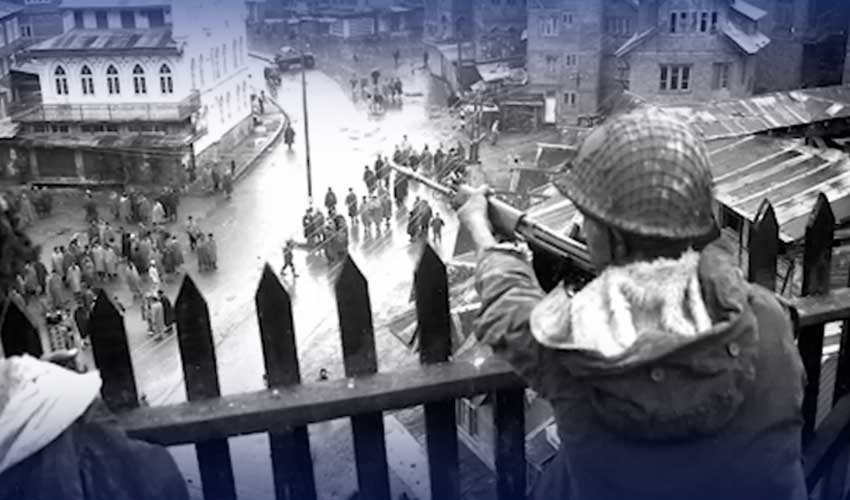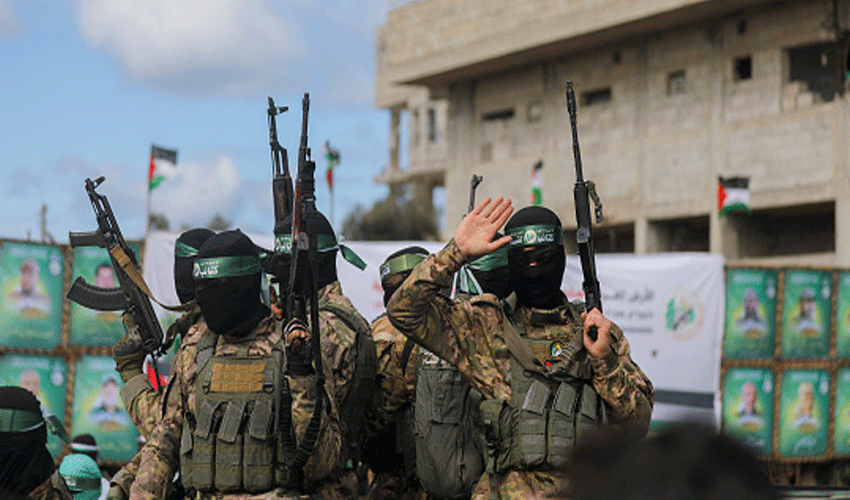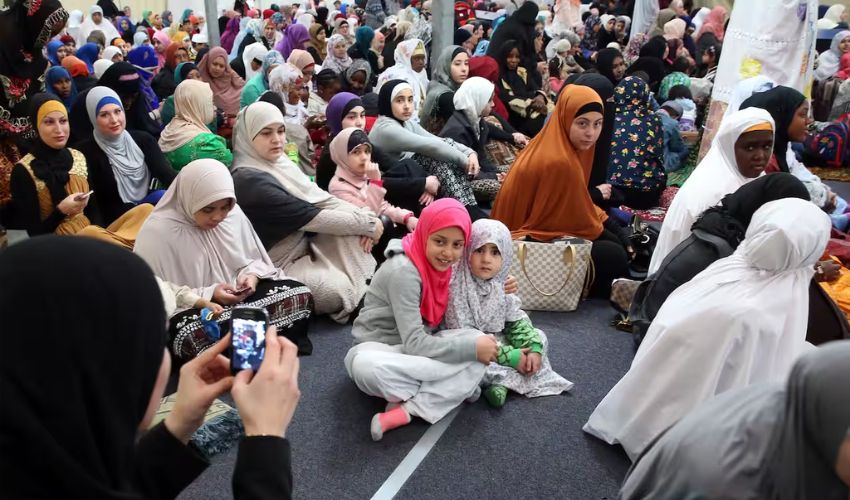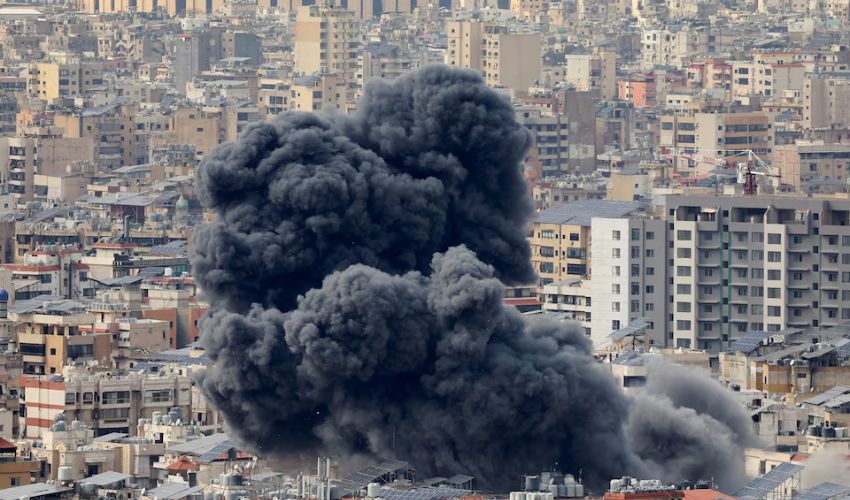In the disputed region of Kashmir, the Zakoora - Tengpora massacre commemorates its 34th anniversary, shedding light on the enduring brutality of Indian forces.
Despite the passage of three decades, justice remains elusive for the victims of this tragic event.
On March 1, 1990, over 2000 Kashmiri protesters gathered outside the United Nations office in Srinagar, only to face gunfire from the Indian Army.
The incident left 21 protesters dead after firing on buses at Tengpora flyover, while another 26 lost their lives at Zakoora Chowk.
Among the casualties were women, elderly individuals, and children, underscoring the indiscriminate nature of the violence.
Even those attempting to transport the wounded to hospitals were not spared from the hail of bullets.
The protesters had been demanding accountability for India's violations of UN agreements.
Following the massacre, Amnesty International issued an urgent appeal for international intervention in Kashmir.
Despite calls for justice, the Indian Army's inquiry commission justified the firing and its deadly consequences.
The Economic & Political Weekly later discredited the army's inquiry report, labeling it as a fabrication.
The massacre resulted in the loss of 47 Kashmiri lives and left hundreds wounded.
The report squarely places responsibility for the tragedy on the Indian Army.
As the world marks this somber anniversary, questions linger over whether international human rights organizations will overlook this egregious violation without conducting a thorough investigation.
Meanwhile, Kashmiris continue to await justice, even after 34 years.



























